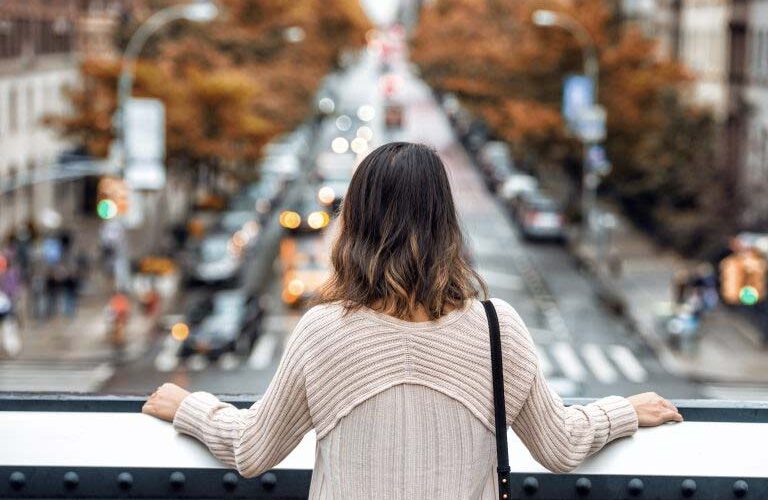Cannabis has been federally illegal in the United States since 1937 when Franklin D. Roosevelt signed the Marihuana Tax Act, but with the hard work of grassroots advocates, opinions have steadily shifted toward legalization forcing many states to pass laws allowing its use.
A change in the New York state of mind
In 2014, New York became the 23rd State in the U.S. to pass legislation, called the Compassionate Care Act, which allowed medical cannabis use by those suffering from a short list of conditions or diseases. Although many people celebrated, the measure was one of the strictest in the United States drawing concern from citizens who supported the passing of medical cannabis laws. One of the stipulations drawing the most concern was the restricted use of smokable cannabis. The measure stated that only non-smokable forms of cannabis such as oil cartridges, capsules, or oral tinctures would be allowed, which caused frustration among many patients. Cannabis flower and edibles are not allowed.
Due to the strictness of the original measure passed by Governor Cuomo, some felt it was too difficult for patients to gain access to cannabis as medicine; however, since the measure’s implementation in January 2016, several revisions have been made, allowing for more patients to access cannabis as medicine, an increase of 1,124% in just two years.
Who qualifies for a medical license?
The original list of severely debilitating or life-threatening conditions that qualified for medical cannabis included: cancer, HIV infection or AIDS, amyotrophic lateral sclerosis (ALS), Parkinson’s disease, multiple sclerosis, damage to the nervous tissue of the spinal cord with objective neurological indication of intractable spasticity, epilepsy, inflammatory bowel disease, neuropathies, and Huntington’s disease. Since it’s passing, additional conditions have been added including cachexia or wasting syndrome, severe or chronic pain resulting in substantial limitation of function, severe nausea, seizures, severe or persistent muscle spasms, and Post-Traumatic Stress Disorder (PTSD).
One of the most exciting inclusions in this expanded list is the utilization of cannabis as a replacement to prescription opioids or for opioid use disorder (but only if enrolled in a treatment program certified pursuant to Article 32 of the Mental Hygiene Law). According to the CDC, In 2017, among 70,237 drug overdose deaths, 47,600 (67.8%) involved opioids. Physicians have been discussing cannabis as a harm-reduction tactic for those dependent on opioids for some time, claiming that cannabis may be useful in reducing the dependency on opioids for pain relief.
What’s coming next?
In somewhat of a surprising move, Governor Cuomo made a public statement mid-December 2018 at the New York City Bar Association in Manhattan in support of fully legalizing cannabis for recreational (adult use) in the state of New York. As the New York Times put it, Cuomo has gone “from a business-friendly centrist who considered marijuana a ‘gateway drug,’ to a self-described progressive championing recreational marijuana…”. In his public address, Cuomo cited the unjust nature of the criminal justice system that serves the wealthy and the poor in very different ways. He stated “We must also end the needless and unjust criminal convictions and the debilitating criminal stigma, and let’s legalize the adult use of recreational marijuana once and for all”, which received an energized applause from the crowd.
Cuomo’s change in his original stance on cannabis may stem from seeing the positive results of a study he directed the state Department of Health to take on, to look into potential ramifications of legalization to determine whether the state should move ahead. After those findings were released in July of 2017, Cuomo appointed a task force to draft legislation to legalize and regulate cannabis in the state. His decision may have also been influenced by the report’s estimate of $248 million to $678 million dollars in potential tax dollars as a result of legalization.
Although the details of this new proposal are yet to be determined, if New York follows in the footsteps of other states that have legalized recreational cannabis, medical patients may receive tax breaks on the purchase of their medicine.
By Bri Smith
If you or someone you know is interested in speaking with a doctor to see if you qualify as a cannabis patient in the State of New York, share this article, or sign up for your consultation today. The Heally platform is HIPPA compliant and can connect you with a licensed physician in the state of New York via video conference.

